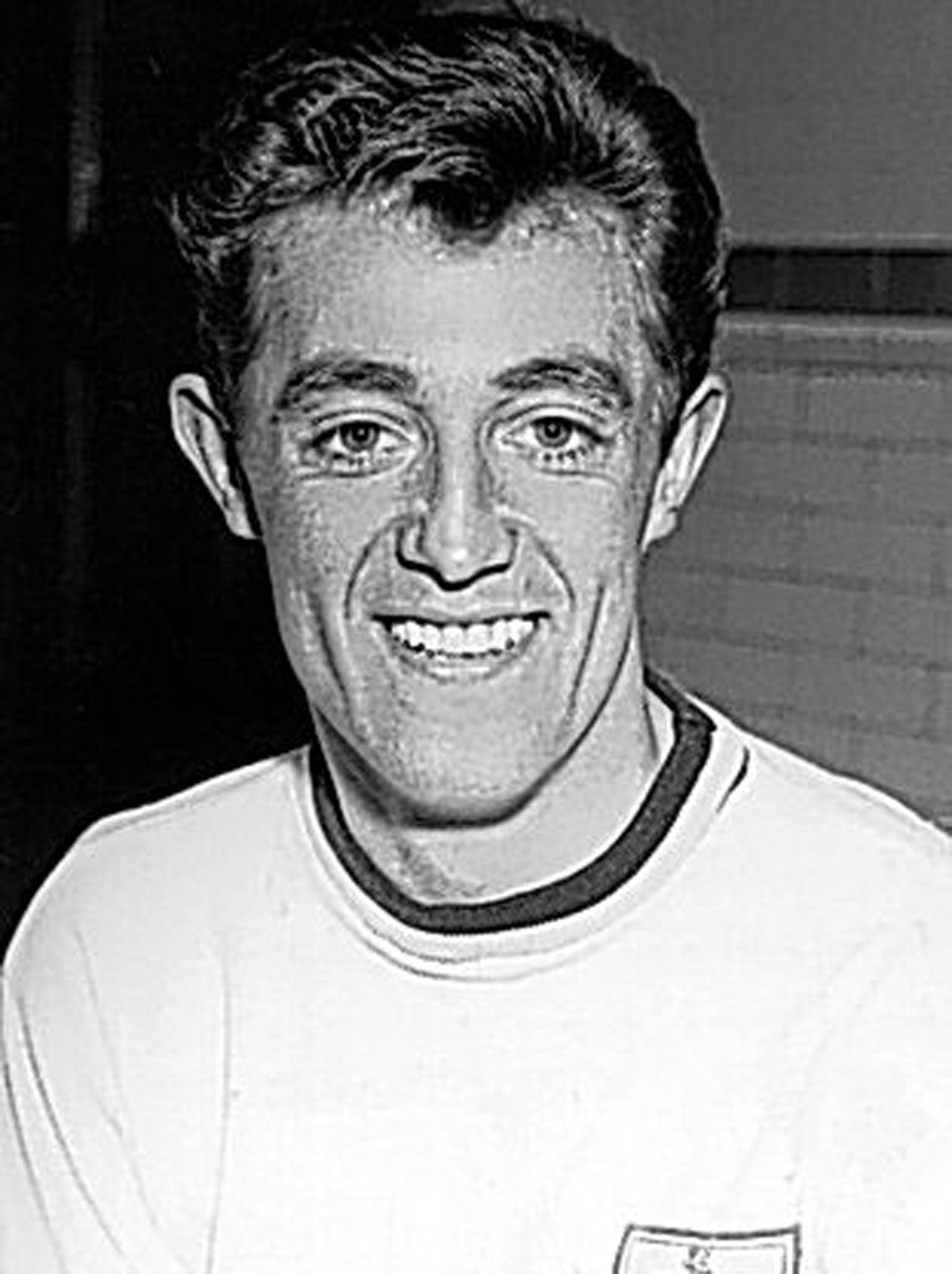Arthur Bellamy: Burnley's midfield stalwart who went on to serve the club as assistant manager, coach and head groundsman

There was no hint of stardust about Arthur Bellamy. Rather the blond, wryly humorous north-easterner cut a salt-of-the-earth figure as both footballer and character, a loyal individual valued immensely by Burnley, the club to which he devoted most of his working life. Throughout the 1960s and into the '70s he served the Clarets as a creative yet practical inside-forward, later returning to Turf Moor as coach, then assistant manager and finally as head groundsman.
Bellamy was a 15-year-old apprentice welder when he was spotted in a works team in County Durham. He arrived for a trial at Burnley in February 1958, the same week that Harry Potts became manager, and turned professional in June 1959.
Too green for involvement in the side which stunned the big-city brigades by winning the League title in 1959-60, he prospered at youth and reserve level, but even after helping to lift junior trophies in 1961-62 his path to the first team was blocked by the inspirational Jimmy McIlroy and the reliable Jimmy Robson.
However, Robson injured in March 1963, Bellamy scored on his debut in a 5-2 victory at Manchester City, then McIlroy departed unexpectedly. Bellamy's thoughtful distribution, accurate crossing and hard graft made an impact and he created countless scoring chances for Andy Lochhead and Willie Irvine.
He offered a goal threat himself, too, never more potently than at Everton in September 1963, when he struck a first-half hat-trick, and he was a versatile performer, sometimes playing s a rearguard sweeper. Yet for all his admirable effort Bellamy remained behind the likes of Gordon Harris, Ralph Coates and, later, Martin Dobson in the midfield pecking order, never quite cementing an automatic place but playing in around half the Clarets' games as – apart from a peak in 1965-66 when they finished third – the side languished in lower mid-table.
In 1970-71 Burnley were relegated, and Bellamy joined Chesterfield for £10,000 in July 1972. There followed four seasons with the Third Division Spireites before he was released in 1976. He took over a milk round and chip shop back in Burnley but missed the game, and in 1979 he returned to the Clarets as a coach, then became assistant manager to Brian Miller, helping with the dramatic escape from relegation from the Football League on the last day of the 1986-87 season. Later he became head groundsman at Turf Moor until his retirement in 2007.
Arthur Bellamy, footballer, coach and groundsman: born Blackhill, County Durham 5 April 1942; played for Burnley 1959-72, Chesterfield 1972-76; married (two sons); died Burnley 22 January 2014.
Join our commenting forum
Join thought-provoking conversations, follow other Independent readers and see their replies
Comments